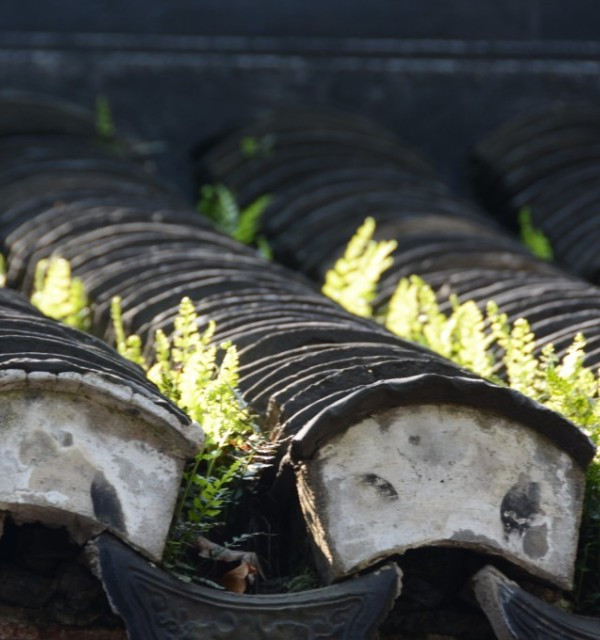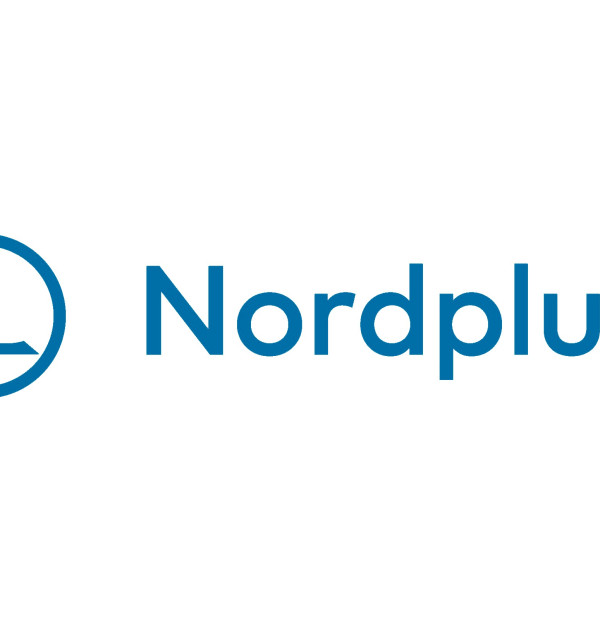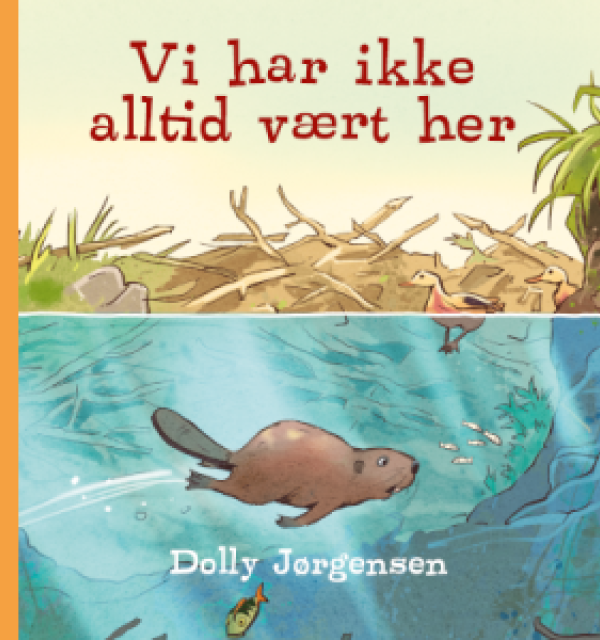Find information about our current research projects and research networks.
Energy Lives!
Energy Lives! Infrastructural Citizenship in Nordic Energy Transitions (2024-2028)
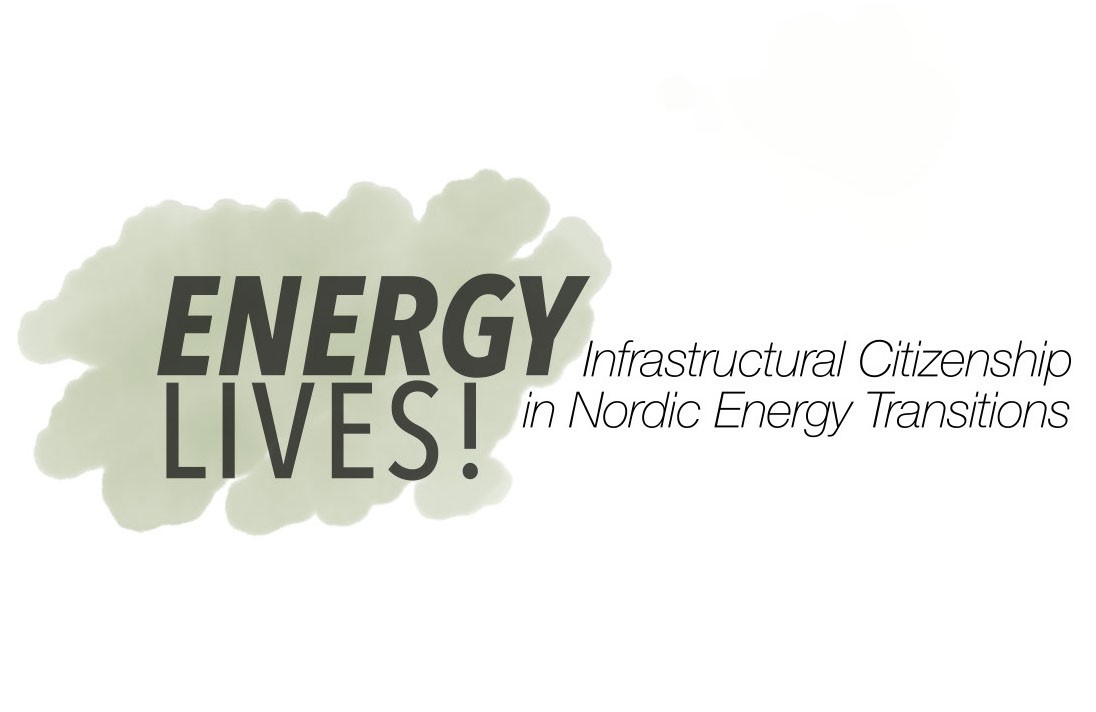
Energy Lives! scrutinizes the conjoined lives of energy and people in the Nordic countries over the past 150 years. By centering citizens simultaneously as historical actors whose choices continue to shape the present and as contemporary actors who live within energy infrastructures shaped by the past, Energy Lives! will generate new knowledge on how democratic engagement and citizen-involvement in energy transition processes have shaped the legitimacy and efficiency of such processes.
The project is led by Melina Antonia Buns; project partners are Chalmers University of Technology and Aarhus University. The project is funded through NordForsk’s Green Transition call (project no 181638).
BLOCYP
Between London, Cyprus, and Palestine: Waste History in the British Eastern Mediterranean(2024-2026)
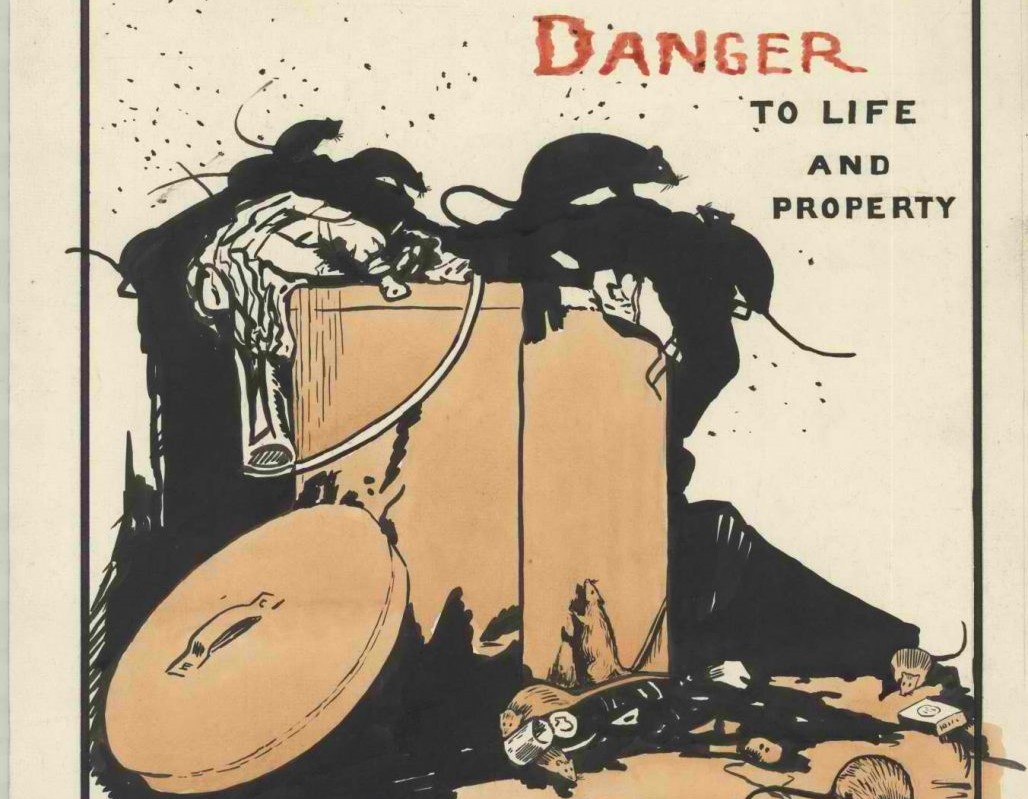
Between London, Cyprus, and Palestine (BLOCYP) aims to uncover the origins of waste treatment policies in two Eastern Mediterranean territories under British rule. BLOCYP uses Colonial Cyprus and the British Mandate of Palestine as case studies for examining sanitary challenges faced by Mediterranean cities during their rapid urbanization between the 1920s and 1940s. The project investigates five central cities: Nicosia and Famagusta (Cyprus), Jerusalem, Tel Aviv, and Jaffa (Israel/Palestine), allowing for various comparisons between countries, capital cities, and port cities. BLOCYP tackles three key issues: British sanitary policy regarding urban waste treatment, adaptation of sanitary solutions to local conditions and needs, and the role of British networks in spreading sanitary ideology and knowledge. The research facilitates a deeper understanding of British colonial sanitary perceptions and their local applications. Thus, it is a valuable case study for territories worldwide that underwent British rule. Additionally, it examines if the type of territory – permanent colony or temporary mandate – influenced British sanitation policy. BLOCYP aims to shed light on the roots of modern waste pollution and explore the migration of sanitary knowledge between Europe and the Mediterranean. After all, just as our approach toward waste reflects our way of living and values, it was the same a century ago.
The project is funded by the EU Horizon MSCA PF 2024 program and is led by Yaron Jorgen Balslev.
PITCH
Petroculture’s Intersections with The Cultural Heritage sector in the context of green transitions (2023-2027)

PITCH brings together academic and cultural sector organisation partners in six countries to spur on the processes by which humanities and arts scholarship and public interventions can strengthen citizen engagement with the constantly changing nature of cultural heritage and its relationship to past and present petrocultures to lay the groundwork for rapid, society-wide European green transitions away from a reliance on fossil-fuels.
Dolly Jørgensen is the lead on the PITCH-project, which is funded by the EU Horizon Europe program and UK Research & Innovation.
Good Fire
An Environmental History of Prescribed Burning in Norway and the North (2023-2027)
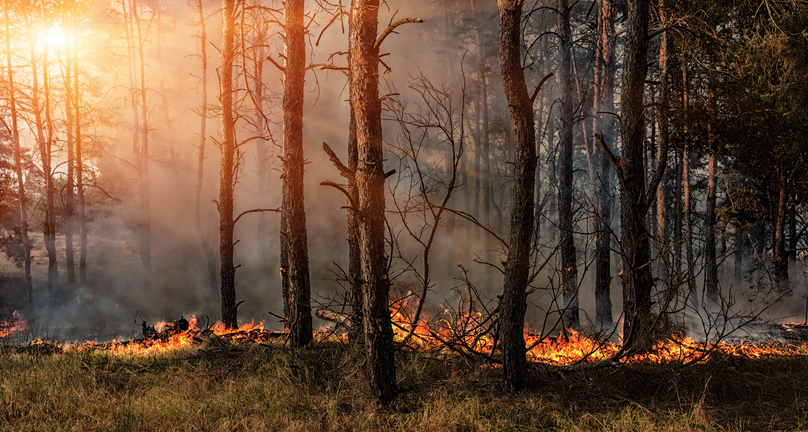
The Good Fire Project examines the history of prescribed fire in Norway and the boreal north.
The project asks whether fire suppression accurately characterizes twentieth-century landscape management practices and traces the roots of modern mega-fires to a complex collection of landscape management practices extending well beyond wildfire prevention policy.
Good Fire examines the history of prescribed burning in the Norway and the boreal north, including Scandinavia and northern Canada. Using historic climate and wildfire data, archival evidence, imagery, and popular accounts, this project will assemble a history of human interaction with fire over time. Although climate change has exacerbated wildfires, Norway and other boreal states arguably have an accumulated fire history that can inform the present. Good Fire frames fire as part of a long and dynamic relationship with combustion which has changed over time in response to social, political, and economic forces.
The project is led by Charlotte Wrigley and is funded by the Research Council of Norway's FRIHUMSAM programme.
DigiFREN
Digital Aestheticization of Fragile Environments (2022-2025)

The historically and ethnographically grounded research of DigiFREN will elucidate digital aestheticization in/of fragile environments, namely, how are digital media and technology implicated in reframing environmental perceptions, affections, conceptions, and practices.
DigiFREN is the first ethnographic project to undertake a large-scale, comparative study of the topic in a digitalising Europe. It expands established methodological strategies and introduces the experimental method of senso-digital walking.
Finn Arne Jørgensen is a partner on this project, which funded through the CHANSE program.
Read more about the historically and ethnographically grounded research of DigiFREN.
Nation of Mechanics
Animality and Indigeneity in American Automotive Culture (2023-2025)
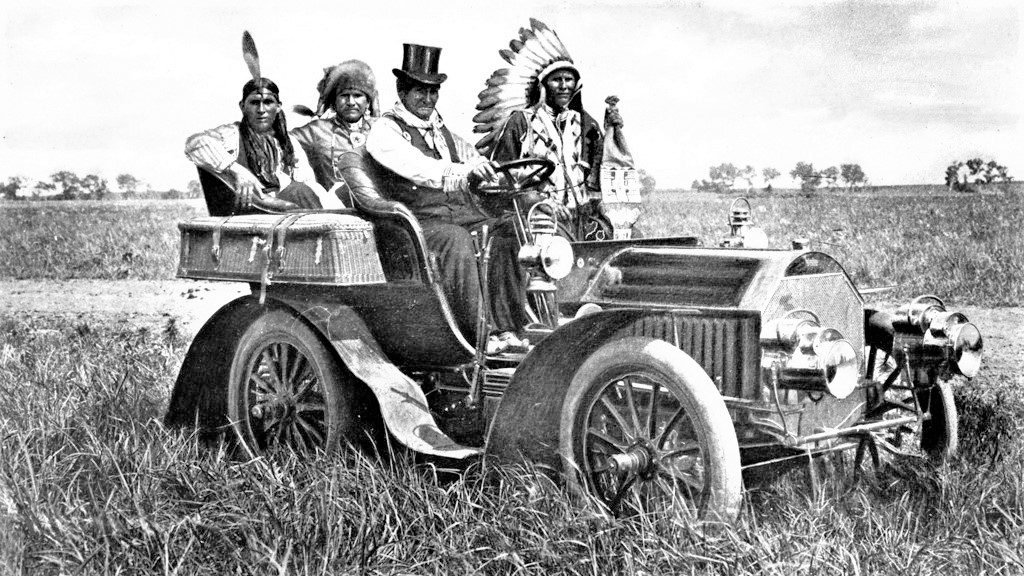
Nation of Mechanics examines fiction by Indigenous American authors of the late twentieth century for literary representations of animals, automobiles, and the natural environment.
Nation of Mechanichs (NOMECH) develops a novel approach to reading the road journey in American fiction (a genre which has historically excluded Indigenous writers) by centring Indigenous stories in which the environment is frequently presented as a character in and of itself, in contrast to the colonial tendency to personify the cars and ignore the living nonhuman world under the wheels.
Combining approaches from literary studies and the environmental humanities, NOMECH explores the extent to which Indigenous American authors present counter-narratives to the colonial story of automobility in which human contact with the natural environment is defined by driving over it: moving from a relationship based on dominance, conquest, and subjugation to one which places more emphasis on mutually beneficial ways of living with other animals and technology.
The project is funded by the EU Horizon MSCA PF 2022 programme and is led by Posdoctoral Fellow Daniel Bowman.
Weathering Colonial Calcutta
Climate, Cultures and Everyday Experiences of the Weather, 1800-1945 (2023-2025)

Weathering Colonial Calcutta explores an urban, material and cultural history of colonial Calcutta as a story of changing ideas about, and everyday experiences of the weather.
The project offers critical insights into the differential and multi-layered interactions between scientific knowledge-making and literary production of the weather, and also reveals everyday experiences of the weather as cultural acts infused with meanings that were socially constructed and historically specific.
It highlights a culturally and spatially specific way of tracing not just what the effects of the weather were, but also how people felt and lived, thereby mobilising historical research and writing to enrich public engagement with climate change.
The project is funded by the EU Horizon MSCA PF 2021 programme and led by Postdoctoral Fellow Animesh Chatterjee.
AtHOME
Histories of animals, technological infrastructure, and making more-than-human homes in the modern age (2022-)
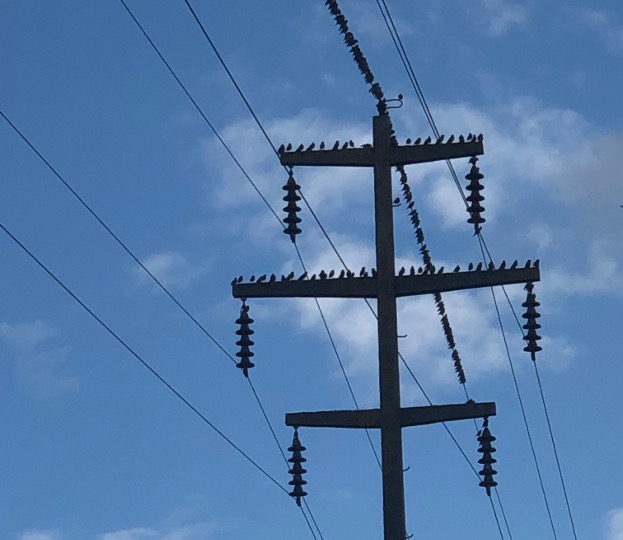
The AtHOME project asks a central question: How can we understand animals as being at home with human-built infrastructure?
In historical research, infrastructure has largely been treated as uncritically human – a space where nonhuman animals are deemed out of place, or perhaps even pests.
This project is funded by the Research Council of Norway's FRIPRO-programme.
Read more about how we can understand animals as being at home with human-built infrastructure.
Research Networks
The Greenhouse publications with UiS Scholarly Publishing Services
The Greenhouse has a growing series of publications that are available online via UiS Scholarly Publishing Services.
Find a couple of examples from this page.

